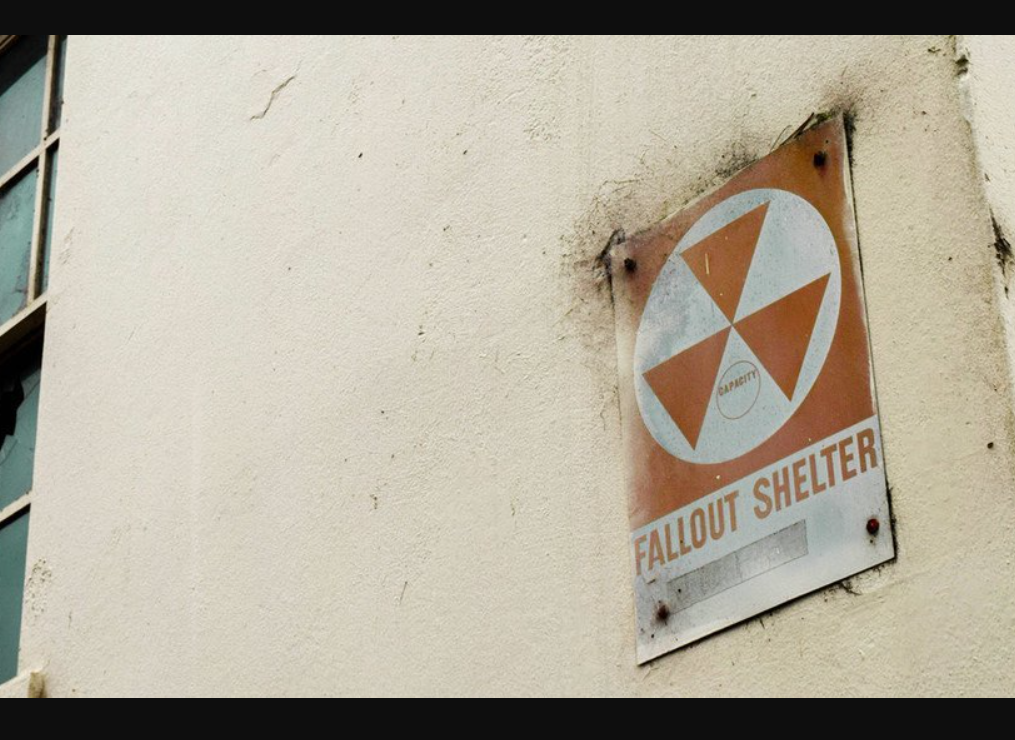
Zhao Minghao, Professor, Institute of International Studies at Fudan University, and China Forum Expert
Sep 19, 2022
The US Senate Committee on Foreign Affairs just endorsed the Taiwan Policy Act of 2022 by 17-5. The legislation will then be submitted to the Senate for review. If the House also proposes and approves a corresponding legislation later, President Biden may sign it into law. Even if the Act won’t sail through Congress, corresponding clauses may still be incorporated into such legislations as the National Defense Authorization Act and put into practice.

Victor Zhikai Gao, Chair Professor at Soochow University, Vice President of CCG
Sep 16, 2022
While the Taiwan Policy Act is making its way through the labyrinth in the congressional process in Washington, D.C., it is high time to ponder the consequences of this Act, if adopted and enacted, for China and the United States.
Wang Zhen, Professor and Deputy Director, Institute for International Relation Studies, Shanghai Academy of Social Sciences
Sep 14, 2022
The deadly American hit on the al-Qaida leader has only marginal significance for the global jihadi movement. Clearly, the terror network will not disappear just because it loses a single leader. Nor will the United States change its global anti-terror strategy.

Zhang Tuosheng, Principal Researcher at Grandview Institution, and Academic Committee Member of Center for International Security and Strategy at Tsinghua University
Sep 14, 2022
Regional strategic stability depends upon sincere outreach to the DPRK by major powers. Think tanks from China, the U.S. and the ROK have already reached many useful common understandings. They should explore a road map for denuclearization and a peace mechanism and invited the DPRK to participate.
Joseph S. Nye, Professor, Harvard University
Sep 13, 2022
Russia’s invasion of Ukraine and nuclear saber rattling against the West have revived a debate about nuclear weapons. Last year, when a United Nations treaty to ban such weapons outright entered into force, none of the world’s nine nuclear-weapons states was among the 86 signatories. How can these states justify possessing weapons that put all of humanity at risk?
Li Jianwei, Director and Research Fellow, National Institute for South China Sea Studies
Ramses Amer, Associated Fellow, Institute for Security & Development Policy, Sweden
Sep 07, 2022
Their positions vary in some details, but the overall thrust is consistent: ASEAN wants peace and prosperity and supports the “one-China” principle. Members have been cautious not to choose sides in a major power rivalry because they see value in both.

Zhu Songling, Professor, Beijing Union University
Aug 29, 2022
The visit to Taiwan by the U.S. House speaker is a straight-up violation of the one-China principle. It requires no stretch of imagination to see that security and stability will be dangerously degraded if the United States fails to reflect.

Zhao Minghao, Professor, Institute of International Studies at Fudan University, and China Forum Expert
Aug 29, 2022
The negative influences of the U.S. House speaker’s Taiwan visit are fermenting and will continue to poison China-U.S. relations. Domestic political winds in the United States are stirring up strategic confusion that will inevitably increase the risk of war.

Da Wei, Director of Center for International Strategy and Security; Professor at Tsinghua University
Aug 29, 2022
It’s not clear that China and the United States can sit down for truly in-depth discussions that ensure each side can send restrained messages to let the other party get it right. The consequence of failure could mean war, and we’re nearly out of time.
Lucio Blanco Pitlo III, President of Philippine Association for Chinese Studies, and Research Fellow at Asia-Pacific Pathways to Progress Foundation
Aug 26, 2022
U.S. House Speaker Nancy Pelosi became the highest ranking American government official to visit Taiwan in decades - raising the temperature of the already-tense Taiwan Strait. The current situation reflects not only a history of conflict, but also China’s concerns about U.S. influence in its backyard.
Back to Top

- China-US Focus builds trust and understanding between the U.S. and China through open dialogue among thought leaders.
- Our Offerings
- Topics
- Videos
- Podcasts
- Columnists
- Research Reports
- Focus Digest
- Stay Connected
-
Thanks for signing up!
- Get the latest stories from China-US Focus weekly.